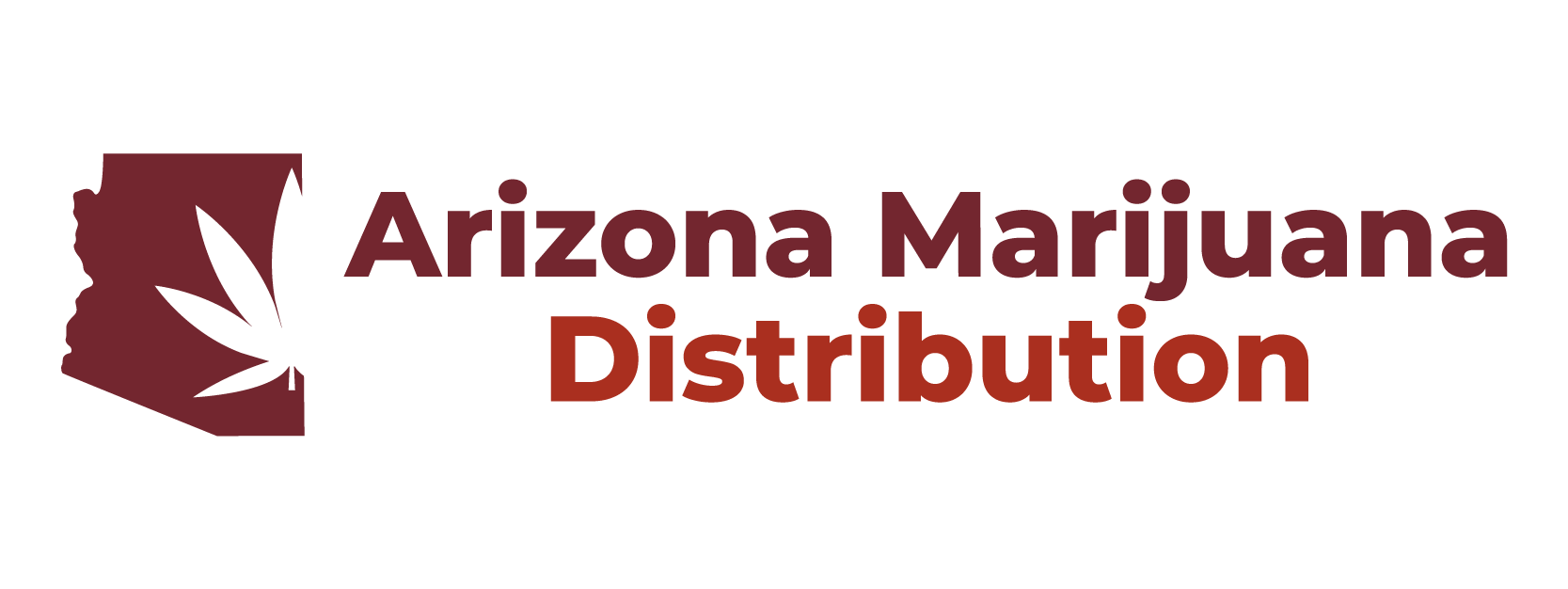In Arizona’s growing cannabis market, where patients and adult-use consumers alike rely on safe, effective products, laboratory testing is a crucial part of the supply chain. Before cannabis products hit dispensary shelves, they must undergo rigorous testing to meet the state’s standards. This process ensures that everything from flower to edibles meets strict requirements for potency, purity, and safety.
Why Lab Testing Matters
Cannabis is a biological product, and like any crop, it can be affected by contaminants such as mold, pesticides, heavy metals, and residual solvents. For medical patients who may have compromised immune systems or chronic health conditions, consuming contaminated cannabis could be dangerous. Lab testing gives consumers confidence that the product they purchase is safe, consistent, and accurately labeled.
Arizona’s testing process is managed by licensed third-party laboratories regulated by the Arizona Department of Health Services (ADHS). These labs are responsible for testing all medical and adult-use cannabis before it can be sold at dispensaries.
Step 1: Sampling at the Facility
Before testing begins, a certified sampler from an approved laboratory visits the cultivation or manufacturing site to collect representative samples. This step is highly regulated—samples must be selected randomly and in a tamper-proof way to avoid bias or manipulation.
Samples are sealed, logged, and transported under chain-of-custody documentation to ensure security and accountability. A portion of each product batch is kept on file in case retesting is needed.
Step 2: Comprehensive Testing
Once the lab receives the samples, it performs a series of tests depending on the product type—flower, concentrate, edible, or topical. These include:
- Potency Testing: Measures levels of cannabinoids like THC, CBD, CBN, and more. Arizona requires accurate labeling to prevent misleading or unsafe dosing.
- Microbial Testing: Screens for harmful bacteria like E. coli, salmonella, and Aspergillus mold species.
- Pesticide Screening: Identifies chemical residues that may remain from cultivation. Even trace amounts can be harmful over time.
- Heavy Metals Analysis: Detects elements such as arsenic, lead, mercury, and cadmium, which can be absorbed from soil or grow equipment.
- Residual Solvent Testing: Especially important for concentrates, this test ensures extraction solvents like butane or ethanol have been removed to safe levels.
- Mycotoxin Screening: Checks for toxic compounds produced by mold, which are especially dangerous when inhaled or ingested.
These tests use advanced equipment such as high-performance liquid chromatography (HPLC) and gas chromatography-mass spectrometry (GC-MS) to deliver accurate results.
Step 3: Passing or Failing
If a product passes all required tests, the lab issues a Certificate of Analysis (COA) verifying that the batch complies with Arizona regulations. The COA includes detailed information about cannabinoid content, test results, and batch numbers.
Products that fail any part of testing cannot be sold to the public. Depending on the issue, they may be remediated—such as re-extracted or refined—or destroyed entirely. Manufacturers must then decide whether to attempt reprocessing or scrap the batch altogether.
Transparency and Tracking
Arizona requires cannabis products to be traceable through the state’s seed-to-sale tracking system, METRC. Each product sold at a dispensary is linked to a batch and its corresponding lab test results. Many dispensaries make COAs available to customers, either by request or QR code on packaging.
Final Thoughts
Cannabis testing in Arizona is more than a regulatory hurdle—it’s a safeguard for public health and industry credibility. As the market matures, consistent and transparent testing helps legitimize cannabis as both a medicine and a consumer good. For patients and recreational users alike, knowing that each product has passed stringent testing adds an extra layer of trust at the point of sale.

